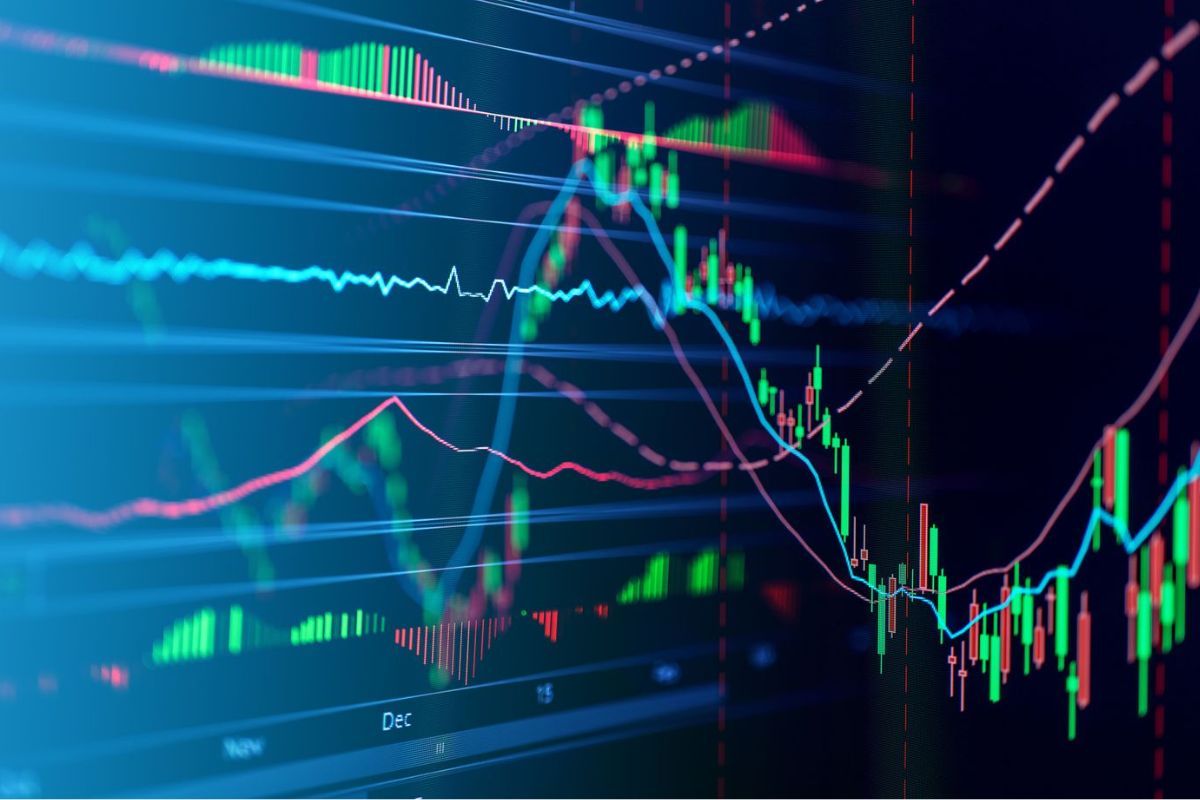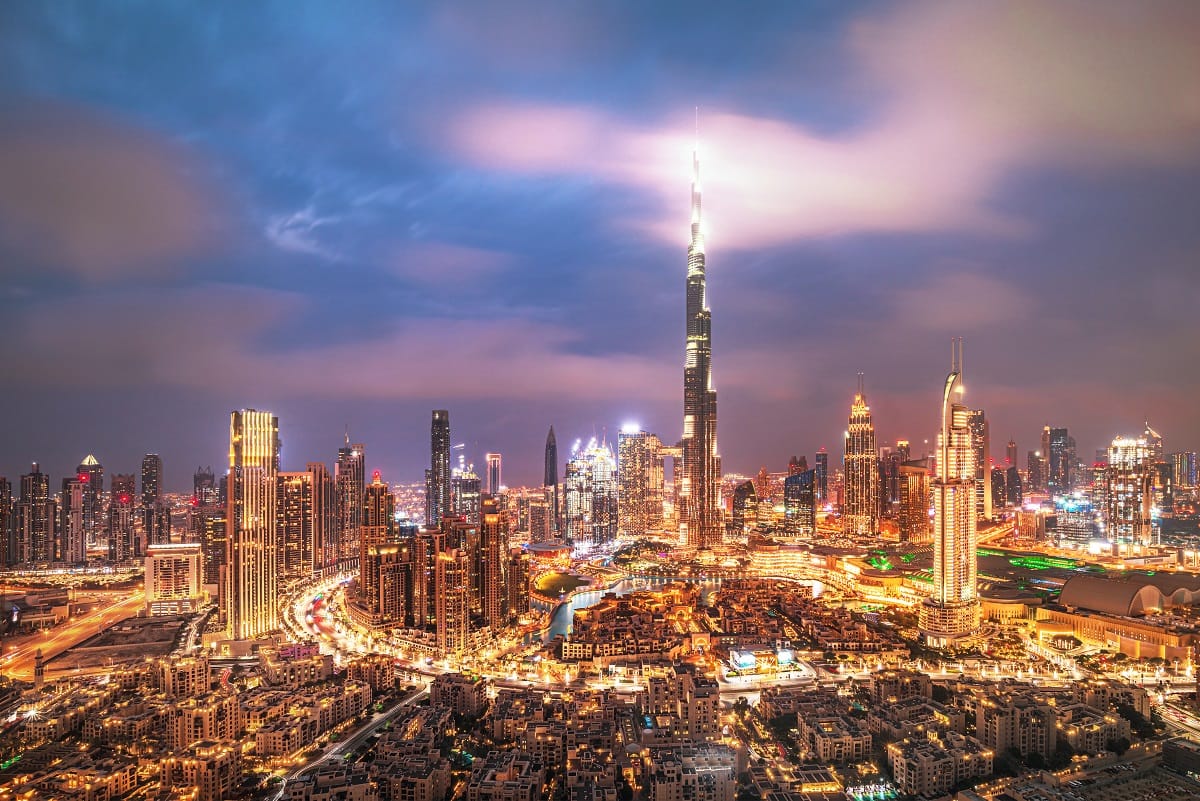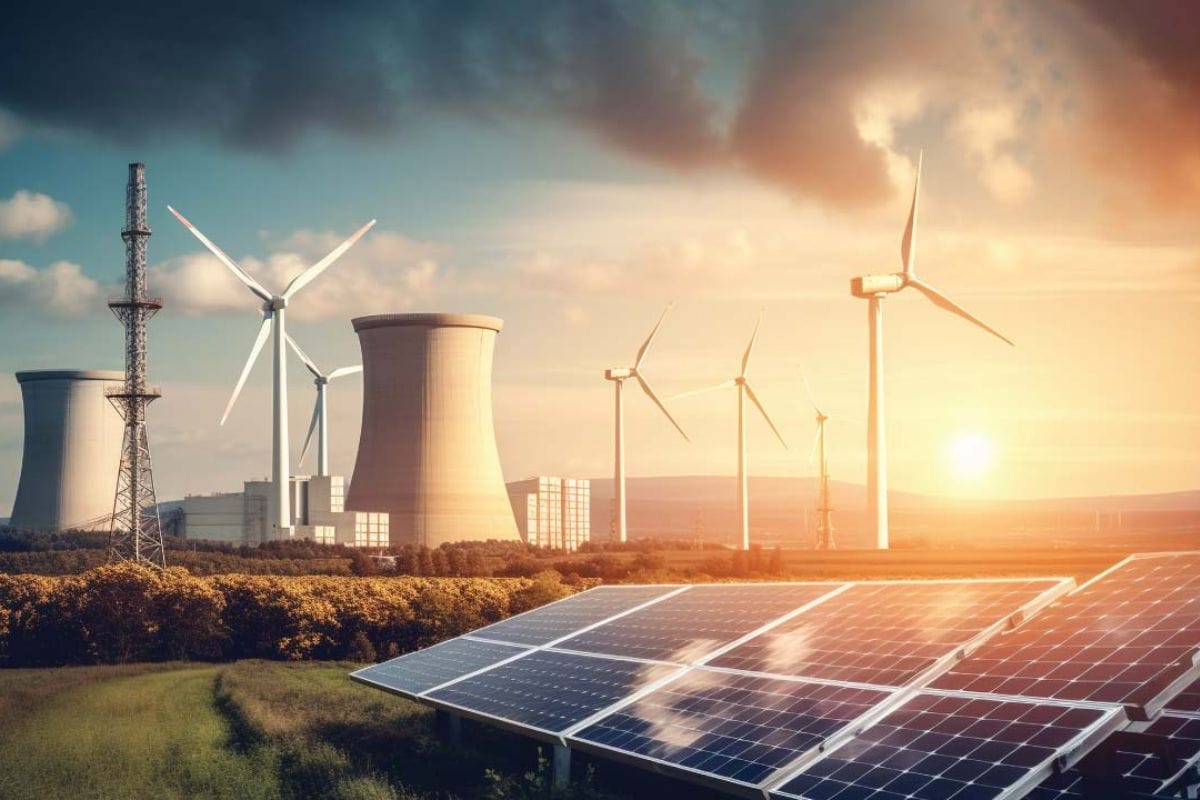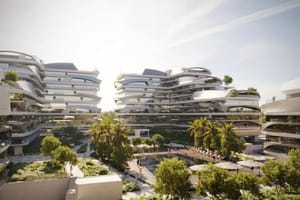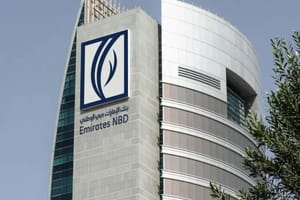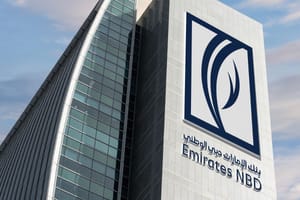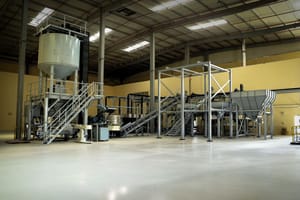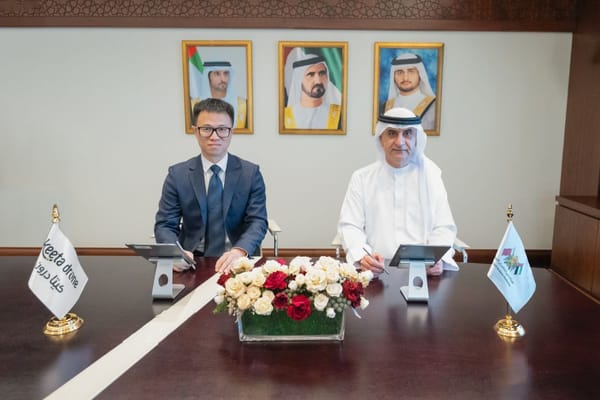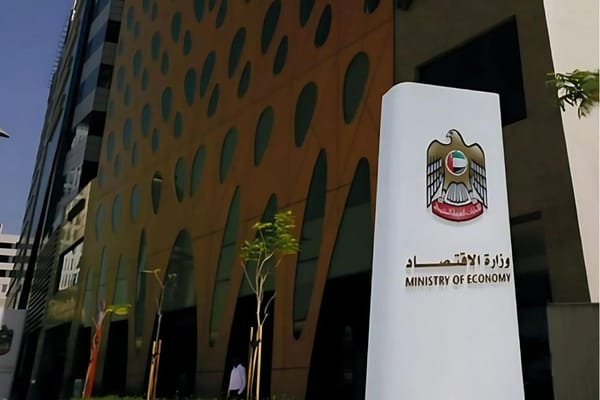Imagine a city where the sun powers skyscrapers, hydrogen fuels transportation, and waste transforms into energy – welcome to Dubai’s renewable energy revolution.
As the emirate races toward a clean and sustainable future, it is unlocking unprecedented opportunities for investors worldwide. With visionary initiatives like the Dubai Clean Energy Strategy 2050 and cutting-edge projects such as the Mohammed bin Rashid Al Maktoum Solar Park, Dubai has become a global hotspot for green energy innovation. Whether it's harnessing solar power, advancing green hydrogen, or pioneering smart grids, the renewable energy sector in Dubai offers a wealth of prospects for those looking to invest in the future of sustainable energy.
Want to be part of this transformative journey? Here are the key investment opportunities that await.
The Renewable Energy Landscape in Dubai
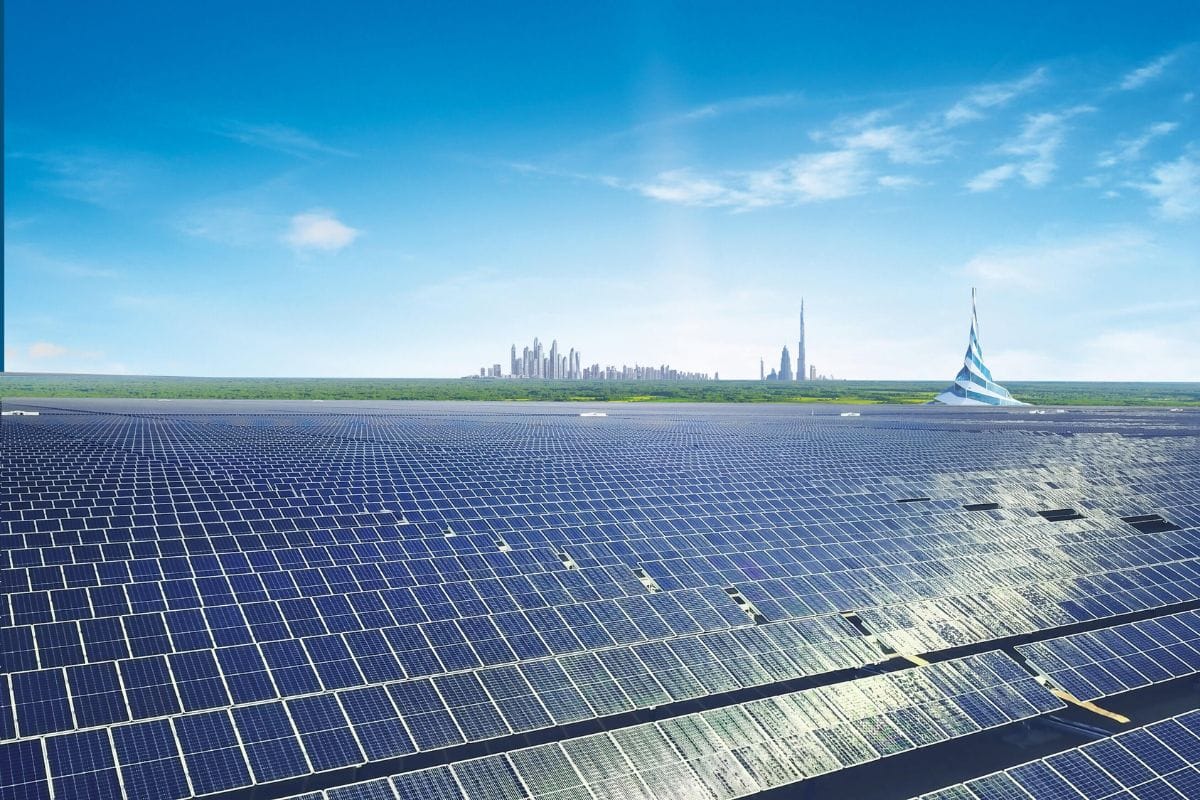
The renewable energy landscape of Dubai is rapidly evolving as the emirate seeks to eliminate fossil fuels from its energy portfolio and eventually become one of the leading hubs of sustainable energy globally. These ambitious goals, outlined in the Dubai Clean Energy Strategy 2050, a framework aimed at achieving 75% clean energy for the metropolis by 2050 through a combination of solar, wind, and waste-to-energy technologies, demonstrate the government's commitment to setting extraordinary targets.
By 2030, Dubai aims to attain 50% of its energy from renewables, 25% from nuclear, and the remaining 25% from clean fossil fuels. The pride of the nation's transformation is the Mohammed bin Rashid Al Maktoum Solar Park, one of the largest single-site solar parks in the world, which will produce 5,000 MW of energy by 2030. Cost savings through technological innovation are one of the benefits expected from this facility, along with its substantial contribution to meeting Dubai’s energy demand.
Wind energy is also being explored through feasibility studies for large offshore wind projects. Waste-to-energy plants, such as the Dubai Waste Management Centre, are integral to the city’s strategy as they convert municipal waste into electricity and reduce reliance on landfills. The emirate is also at the forefront of the Green Hydrogen Project, a collaboration between the Dubai Electricity and Water Authority (DEWA), Siemens Energy, and Expo 2020. This initiative supports the emirate’s decarbonization goals and aims to integrate green hydrogen into the energy mix as a clean fuel for transportation, industrial use, and power generation.
Through these initiatives, Dubai is certainly charting its course to become a global leader in renewable energy efforts, thereby ensuring a sustainable and diversified energy future for its residents.
Key Investment Opportunities
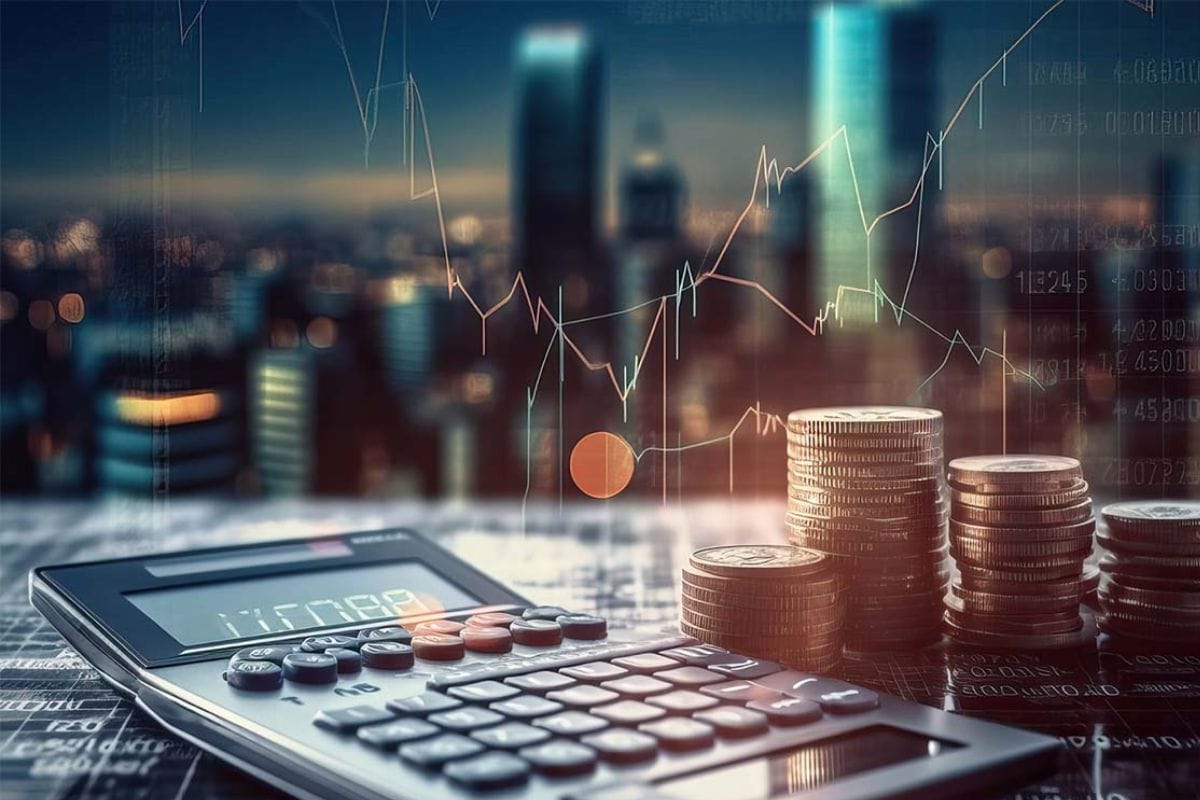
Dubai’s renewable energy sector is evolving rapidly, with a variety of avenues for investors to consider. From solar power to emerging green technologies, here are 10 key investment opportunities that can help shape the future of energy in Dubai.
Solar Power Projects
Solar power remains the most attractive investment in Dubai’s renewable energy landscape, particularly through large-scale initiatives like the Mohammed bin Rashid Al Maktoum Solar Park. Investors can focus on photovoltaic (PV) systems, which convert sunlight into electricity, or concentrated solar power (CSP), which uses mirrors to focus sunlight on a small area to generate heat. These projects benefit from government incentives, long-term power purchase agreements (PPAs), and Dubai’s year-round sunny climate.
Green Hydrogen Production
As Dubai aims to become a global hub for green hydrogen, investors can tap into its production, storage, and distribution systems. Green hydrogen is produced using renewable energy which makes it an ideal option for sectors like transportation and industrial manufacturing. Projects like the Green Hydrogen Project are excellent opportunities for investors interested in innovative, sustainable technologies that are pivotal to the future of energy.
Energy Storage Solutions
Efficient energy storage is crucial for managing the intermittency of renewable sources like solar and wind. Investors can look into energy storage solutions, such as advanced batteries (lithium-ion and flow batteries), pumped hydro storage, and compressed air energy storage. These technologies allow surplus energy to be stored during peak production times and released when needed which enhances grid stability and supporting renewable energy adoption.
Smart Grid Technologies
Dubai is moving towards a smarter, more resilient energy grid with the introduction of smart grid technologies. These systems optimize energy distribution, reduce waste, and improve reliability by integrating real-time data and automation. Investing in the development and deployment of smart meters, sensors, and grid management software can offer substantial returns, as the technology is essential for managing Dubai's increasing renewable energy capacity.
Waste-to-Energy (WTE) Projects
Waste-to-energy (WTE) projects offer an exciting opportunity for investors seeking to contribute to both sustainability and waste management. Dubai has already launched large-scale WTE plants, such as the Dubai Waste Management Centre, which converts municipal waste into electricity. Investors can participate in developing technologies or investing in new WTE facilities, which will help Dubai reduce its reliance on landfills and create a more circular economy.
Electric Vehicle (EV) Infrastructure
As part of its efforts to reduce carbon emissions, Dubai is rapidly expanding its electric vehicle (EV) infrastructure. Opportunities for investment include the development of EV charging stations, battery swapping systems, and EV fleet services. With a growing number of consumers and businesses opting for EVs, investing in EV infrastructure offers long-term growth potential as the city moves toward cleaner transportation.
Sustainable Building Technologies
The construction sector in Dubai is adopting more sustainable practices, driven by demand for eco-friendly buildings. Investments can be made in renewable energy-powered building technologies, such as solar panels, energy-efficient HVAC systems, and green building materials. These technologies help meet stringent sustainability standards, contributing to Dubai’s goal of becoming a low-carbon economy.
Carbon Capture, Utilization, and Storage (CCUS)
Carbon capture, utilization, and storage (CCUS) is an emerging technology that captures carbon dioxide (CO2) emissions from industrial sources and either reuses them in commercial products or stores them underground. As Dubai focuses on achieving net-zero emissions by 2050, investments in CCUS projects and companies can play a pivotal role in the energy transition. The UAE government is already funding research and development in this area, making it a promising space for investors.
Wind Energy Projects
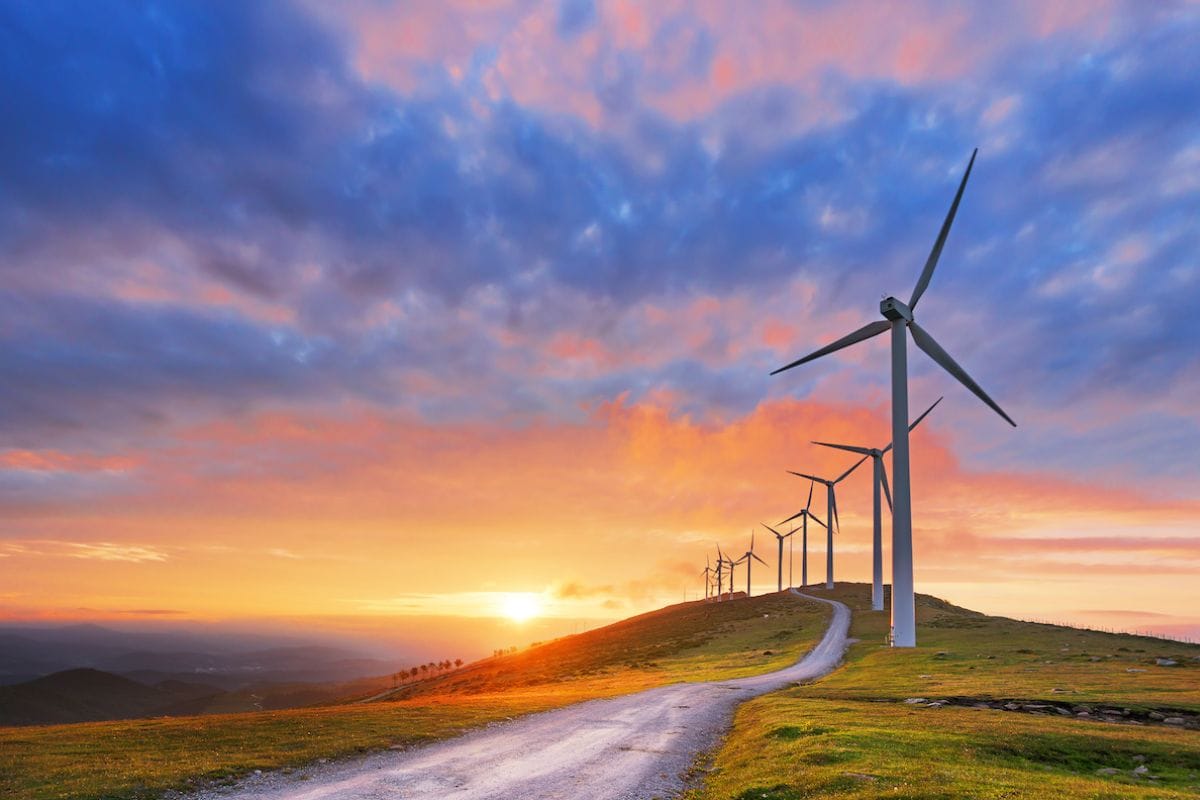
Although solar power dominates Dubai’s renewable energy landscape, wind energy is an emerging sector with significant potential. Dubai’s coastline and desert areas provide favorable conditions for wind farms. Investors can look into both onshore and offshore wind energy projects, which can complement solar power and contribute to Dubai's clean energy goals. With the global push for diversified renewable energy sources, wind power offers an excellent long-term investment opportunity.
Renewable Energy Financing and Green Bonds
Investors with a focus on finance can tap into the growing green bond market. Dubai has issued green bonds to fund renewable energy projects, providing a stable investment avenue for those looking to support sustainable development. Investors can also explore financing renewable energy ventures, especially small to medium-sized projects that align with Dubai’s green objectives. Green bonds and sustainable finance will play an increasing role in attracting investment to Dubai’s renewable energy sector.
With its strategic vision, supportive policies, and thriving market, Dubai has positioned itself as a leader in the transition to clean energy. For forward-thinking investors, now is the time to participate in this transformative journey and contribute to a sustainable future.
Also Read:
